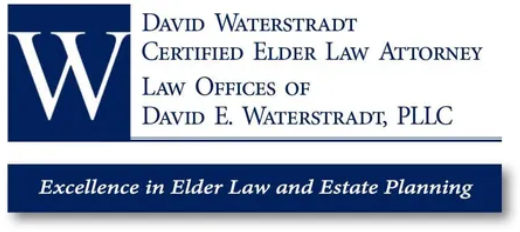
VA Benefits and Medicaid: What You Need to Know
Navigating VA Benefits and Medicaid
Understanding your healthcare options can be challenging, and navigating them can be overwhelming. This is especially true for veterans who may be eligible for multiple programs, such as VA benefits and Medicaid. Understanding how these programs work, how they overlap, and what you’re eligible for is crucial to ensuring you receive appropriate care. Here’s a comprehensive guide to VA Benefits and Medicaid, highlighting the key points you need to know.
What Are VA Benefits?
The Department of Veterans Affairs (VA) provides a range of benefits to eligible veterans, including healthcare, disability compensation, pension, education, and housing assistance. The most commonly used benefit is VA healthcare, which provides medical services at VA hospitals and clinics across the nation. Eligibility depends on factors such as service-connected disabilities, income level, and whether you served on active duty.
VA healthcare is often comprehensive, covering preventive care, hospital stays, mental health services, and prescriptions. Veterans can also enroll in specialized programs like VA dental care, opioid replacement therapy, and mental health support.
What is Medicaid?
Medicaid is a state- and federally-funded program that provides health coverage to individuals and families with limited income and resources. Medicaid covers a broad range of services, including hospital stays, doctor visits, long-term care, and prescription drugs. Eligibility criteria vary by state but generally include low income, disability, or specific health conditions.
Unlike VA benefits, Medicaid is administered by state governments, which means coverage specifics and eligibility requirements can differ significantly depending on where you live.
Overlap Between VA Benefits and Medicaid
One common question is whether veterans can receive VA benefits and Medicaid simultaneously. The answer is yes. Many veterans are eligible for both programs, particularly if their income and assets fall below specific thresholds. When both programs are available, Medicaid can help cover services not fully provided by the VA or cover costs when VA benefits are limited.
For example, VA healthcare may cover certain specialty services, but Medicaid can help with long-term care or services outside the VA system. Additionally, Medicaid can pay for copayments, prescriptions, and provider visits that the VA does not fully cover.
Key Considerations When Using Both Programs
- Coordination of Care: It’s essential to coordinate between VA and Medicaid providers to avoid duplication of services and ensure seamless care. Some states have programs to help veterans navigate this coordination.
- Eligibility Impact: Applying for Medicaid may affect your VA benefits in some cases, especially if you have significant assets or income. It’s advisable to consult with a veteran service officer or lawyer before making decisions.
- Long-Term Care: Medicaid often plays a vital role in covering long-term and custodial care needs, which VA benefits may not fully cover. If you or a loved one requires assisted living or nursing home care, Medicaid could be a critical resource.
- Coverage Gaps: Although VA benefits are generally comprehensive for qualifying veterans, specific services, including dental care, vision care, and long-term care, may not be fully covered. Medicaid can supplement these gaps, providing broader coverage.
How to Maximize Your Benefits
- Know Your Eligibility: Review your service record, income, and assets to determine eligibility for VA healthcare and Medicaid.
- Apply Promptly: Both programs have online, in-person, or mail-in application options. Early application helps ensure timely access to benefits.
- Seek Assistance: Veteran officers, Medicaid coordinators, and lawyers can provide guidance tailored to your situation.
- Stay Informed: Policies and eligibility criteria are subject to change. Regularly check with VA and Medicaid offices for updates.
Understanding the interplay between VA benefits and Medicaid is essential for making informed decisions about your healthcare.
Do You Have Questions About VA Benefits and Medicaid in West Michigan?
If you live in Fremont, Norton Shores, Whitehall, or Coopersville, MI, and you have questions about VA benefits or Medicaid, contact us at the Law Office of David E. Waterstradt. We’ve been helping veterans navigate the VA benefits and Medicaid process for more than thirty years.








